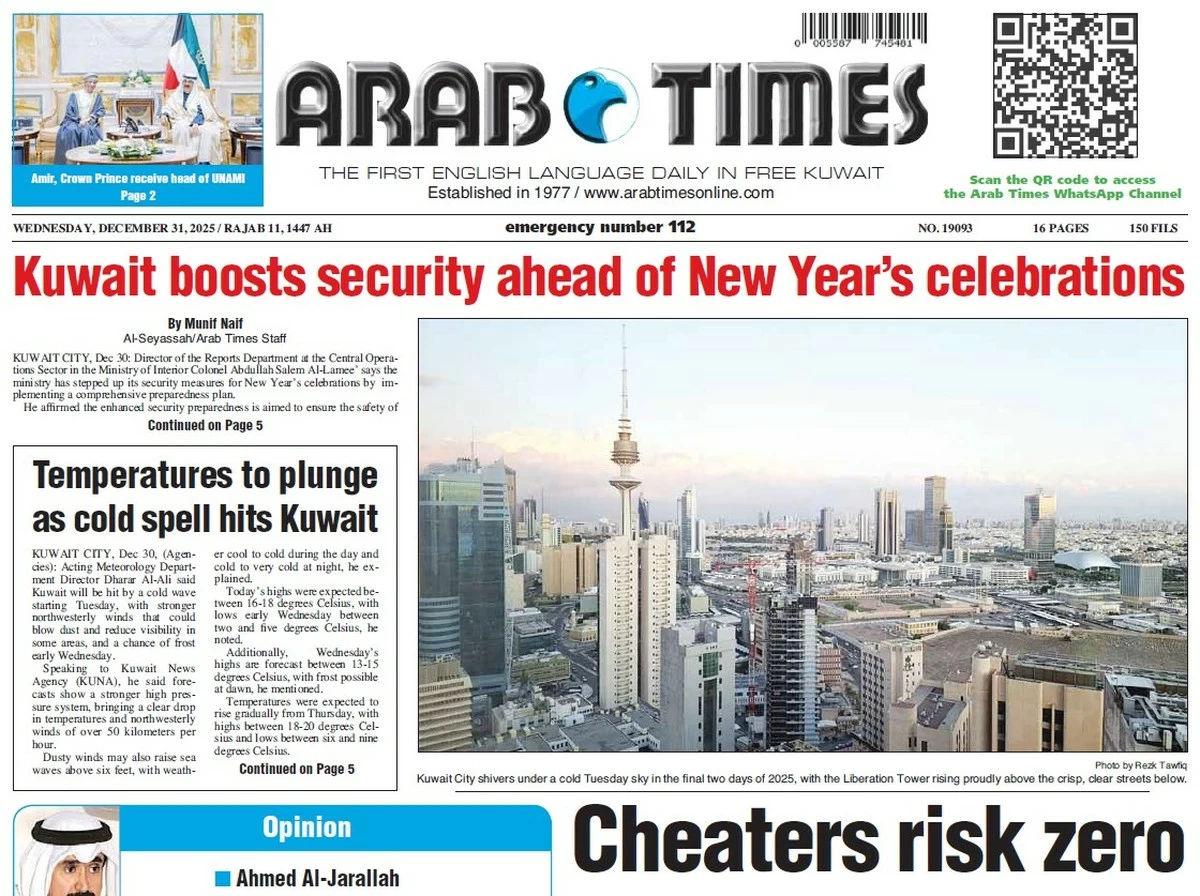20/05/2025
20/05/2025
The Gulf states, and the Arab world in general hold immense potential for development. This makes the pursuit of peace a necessity for both the U.S. and the region. From his earliest statements in this second term, Trump emphasized the need to secure lasting peace in the Middle East and find solutions to the chronic problems. At the same time, the Trump administration has realized that Israel’s continued retaliatory war in response to the events of October 7, 2023, is counterproductive. It hinders the possibility of joint accomplishments between the United States and its Gulf allies, and also undermines efforts to curb terrorism in the region and emboldens globally controversial regimes to pursue nuclear weapons, thus posing a direct threat to international peace. Prolonged conflict risks turning the Middle East into a marketplace for weapons of mass destruction, often controlled by leaders who lack awareness.
The United States has long aimed to prevent hostile economic powers from gaining access to strategic markets, particularly those traditionally aligned with it. In pursuit of this goal, America has worked to position the Arab region as a free trade zone for U.S. industries and trade, capitalizing on its unique geographic location and proximity to global supply lines. This vision dates back to 1953, when then-Secretary of State John Foster Dulles led efforts to expand U.S. influence in the region and contributed to the rapid end of the Tripartite Aggression against Egypt in 1956.
This signals a dramatic change in Washington’s stance. The agreements signed in Riyadh, Doha, and Abu Dhabi during President Trump’s recent visit, particularly the joint statements on a two-state solution, reflect a significant policy shift that could expedite the path toward lasting peace. At the same time, most Arab countries condemned Hamas’s actions on October 7, 2023, and denounced the targeting of civilians.
Meanwhile, growing sentiment within Gaza indicates a desire to see Hamas removed from power, with increasing support among Palestinians for governance under the Palestinian National Authority. However, this vision remains unattainable as long as Israel continues its campaign of destruction and disproportionate military force. Persisting on this path will kill the two-state solution, an outcome accepted by the Arab world, and will severely undermine U.S. efforts to broker peace in the region. There is no doubt that this new American development presents an opportunity to chart a different course, one that recognizes the Arab region’s vast potential. Home to hundreds of millions of people, the majority of them youth, the region could be transformed into a prosperous region that serves both American and Western interests. Most importantly, it offers the promise of ending a 77-year-old conflict and securing peace and stability for both Arabs and Israelis.



